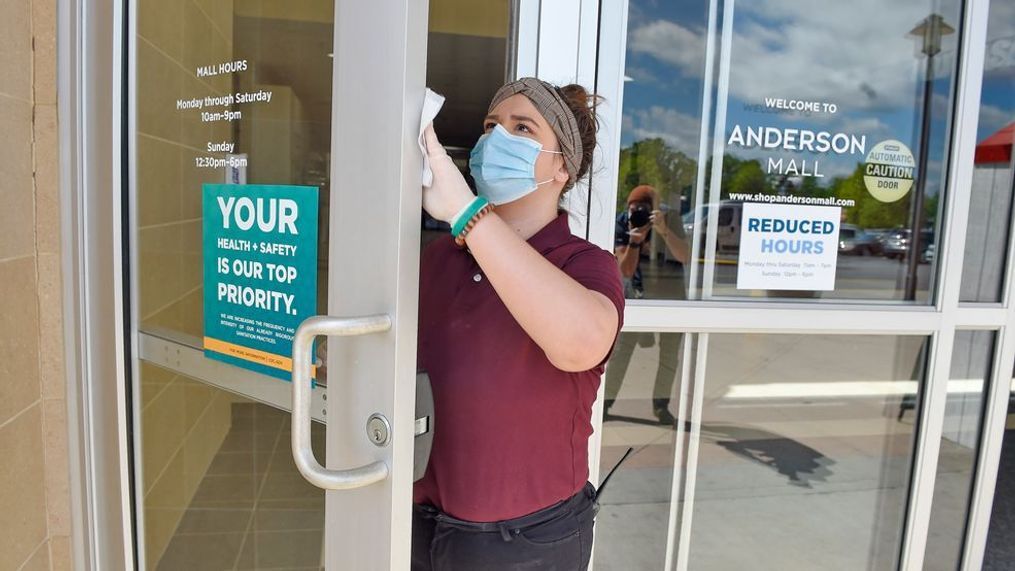Scammers play on consumer fears as coronavirus spreads

WASHINGTON (SBG) - Stay-at-home orders, for some, means more time online and more offers for treatment in these trying times.
Often that means coming across advertisements and even videos on social media promising to help. On YouTube, one video is selling the drug touted at times by President Trump, though the FDA recently warned against it.
Ads like this are rampant on YouTube, warned Tom Galvin, Executive Director of the Digital Citizens Alliance, in a recent interview.
“When you have things like fake vaccines being pedaled online, that’s spreading false hope for really millions of Americans who are terrified of the consequences of the coronavirus," said Galvin.
His group recently released some research discussing an investigation, which included purchasing materials online and never getting them.
On Facebook, you may have come across ads selling portable ventilators it says are FDA-approved. A second look reveals the associated phone number has the country code, 234, for Nigeria.
"We expect for scammers and profiteers to try to take advantage of a crisis," said Galvin. "What we shouldn’t expect is for companies like Facebook to help them.”
Facebook has now vowed to step up its efforts, promising to tell usersif they viewed posts containing misinformation about the coronavirus pandemic -- but in many cases, stopping short of removing these posts.
It's not just social media. Many are opening seemingly official emails in their inbox as well asking for the user to respond. The Consumer Financial Protection Bureau has an urgent message: the government will not be emailing you or calling you for personal information, so don’t hand it over.
“People are providing personally identifiable information, Medicare numbers, Social Security numbers, credit card numbers, in response to those phishing emails,” saidKathy Kraninger, Director of the Consumer Financial Protection Bureau.
As the number of COVID-19 cases rise, the C.F.P.B. is now warning so too should everyone’s awareness.
